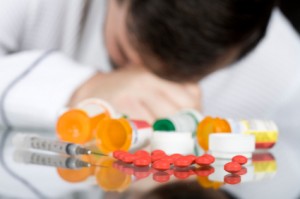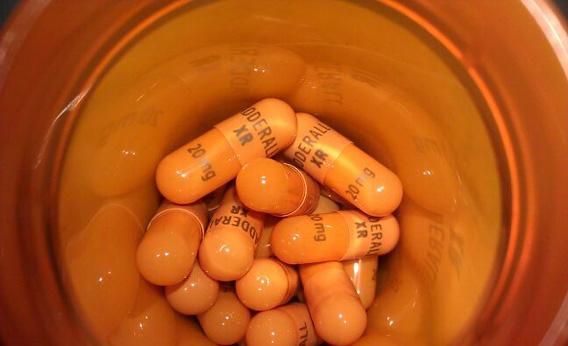What to Do if You Are Addicted to Stimulants
There are a few important steps you should take upon realizing that you are addicted to stimulants. A substance use disorder of this type can be very dangerous, but if you act quickly, you should be able to receive the help you need before things get any worse.
Reach Out to Someone

If you are suffering from a stimulant addiction, reach out for help.
One of the first things you must do upon realizing that you are addicted to stimulants is reach out to the people in your life and ask for help. It can be much easier to get the treatment and help you need when you have someone else on your side who is concerned with your wellbeing. Those friends, family members, and loved ones in your life will “provide essential support to [your] journey of recovery and similarly experience the moments of positive healing as well as the difficult challenges” (SAMHSA). This is extremely important because recovery, especially from stimulant abuse, can be psychologically difficult as well as likely to cause feelings of isolation.
Attend Detox
According to the NIDA, “The first steps in treating prescription stimulant addiction may be to taper the drug dosage and attempt to ease withdrawal symptoms.” Detox from illicit stimulants can be handled similarly, in a clinic with the use of medication and therapy. Once you have fully withdrawn from the drug, however, your treatment is not over.
Seek Treatment Based on Your Needs
Whether you decide to attend a treatment program in an outpatient facility, stay at an inpatient center, or become a member of a support group like Crystal Meth Anonymous or Narcotics Anonymous, you should seek a treatment type based on your individual needs. Ask yourself the questions below in order to discover which treatment may be best for you.
- Do you suffer from another mental disorder such as ADHD, PTSD, generalized anxiety disorder, depression, or bipolar disorder?
- Are you without a strong support system of friends and family members in your life?
- Are you beginning to show signs of stimulant-induced psychosis?
- Do you believe you need to be in a controlled environment in order to avoid abusing stimulants?
If you answered yes to the questions above, you may want to consider inpatient treatment.
- Do you have a strong support network for individuals who will help you through this difficult time as well as a safe place to live?
- Are you free of comorbid mental disorders (that you are aware of)?
- Do you want professional treatment without the cost and controlled environment of an inpatient center?
If you answered yes to the questions above, you should seek treatment at an outpatient facility.
- Have you only recently become addicted to stimulants and realized that you needed help?
- Would it benefit you to meet others who also have the same problem and be able to discuss your addiction with them?
- Are you looking for a free, flexible treatment type where meetings are held often and in accessible venues?
If you answered yes to the questions above, you should become a member of a support group. And if any of these treatments do not work out for you, you can always try another type in order to better suit your changing needs.



